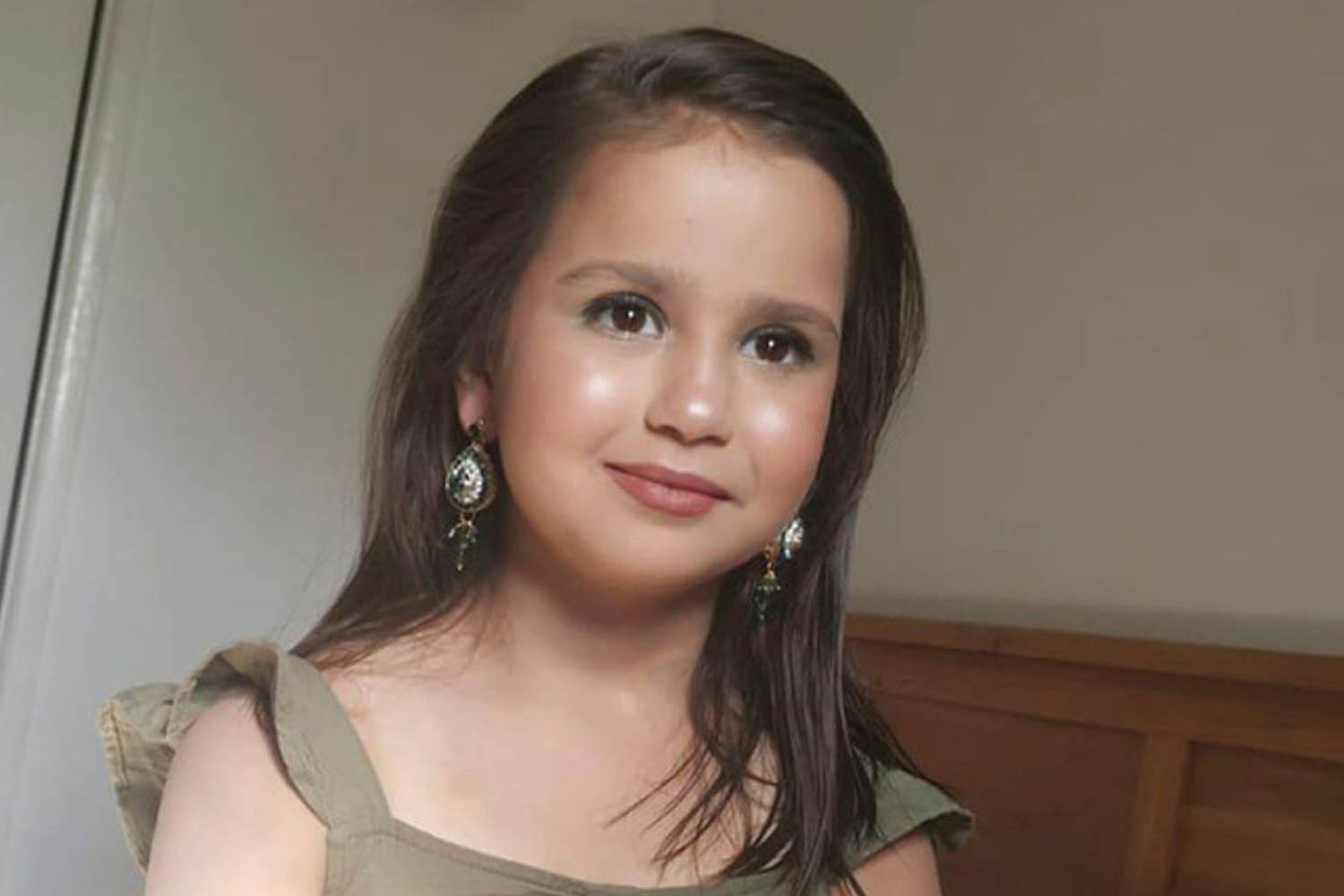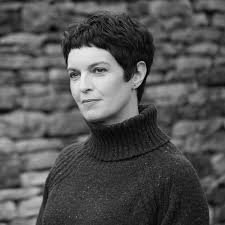
Historic appeal court ruling is a win for campaigning journalists
Journalists have won an appeal to name the judges who oversaw the family court proceedings relating to the care of Sara Sharif before she was murdered.
The landmark ruling handed down today by three Court of Appeal judges is a trenchant defence of open justice and a recognition of the vital role the media plays in scrutinising decisions made by the courts.
At a hearing earlier this month it was argued that an “unprecedented” order restricting the naming of the judges could not be justified, amounted to an “exceptionally serious procedural error” and “could not be allowed to stand”.
The ban was imposed by Mr Justice Williams at a hearing on 9 December last year. The High Court judge allowed the disclosure of dozens of documents to help the press and public understand the processes that led to 10-year-old Sara being placed in the care of her father and stepmother, who were last month jailed for her murder.
But at the end of the hearing he said the media could not name three circuit judges who had overseen the historic family proceedings, or other third parties “including social workers and guardians” due to a “real risk” of harm from a “virtual lynch mob”.
Now Sir Geoffrey Vos, Master of the Rolls, Lady Justice King and Lord Justice Warby have ruled the anonymising of the judges was “misguided” and that Williams made the order without any legal basis.
Vos said in a judgment published today: “In the circumstances of this case, the judge had no jurisdiction to anonymise the historic judges either on 9 December 2024 or thereafter. He was wrong to do so.”
The ban will be lifted in seven days giving the respective judges time to prepare themselves and for any protective measures to be put in place.
The appeal was brought by two journalists – Tortoise reporter Louise Tickle and Hannah Summers of the Bureau of Investigative Journalism – with backing from the charity Law for Change. It was won on three grounds: primarily that the judge did not have the power to anonymise the judges but also on the basis of serious procedural irregularity and unfairness towards the media.
The arguments advanced on behalf of the journalists at a hearing on 14 and 15 January were supported by a number of media organisations which also challenged the ban and were later made appellants, including the BBC and Press Association.
The barrister Chris Barnes, acting for Tickle and Summers, told the court that an analogy presented by Williams – that seeking to argue that the individuals involved in the historic proceedings were responsible for Sara’s death was the “equivalent to holding the lookout on the Titanic responsible for its sinking” – was “problematic”.
Adam Wolanski KC, representing the BBC and other news organisations, said the comparison was "bizarre and wrong".
In written submissions to the court Barnes said the judge’s decision was made on a “wholly generalised and insufficient basis” and was “unfair, poorly reasoned and unsustainable”, adding it “out of step with the recognised need to promote transparency and media reporting in the family court”.
He continued: "To seek anonymity for judges, save where truly exceptionally justified, is likely to have a corrosive impact on public confidence in the judiciary and the wider justice system.”
Barnes also put to the court that Williams had demonstrated “a wholly unacceptable, and hostile approach to the media generally, and the appellants specifically”.
The appeal was opposed by the father of 10-year-old Sara who was jailed for her murder along with her stepmother Beniash Batool, who were sentenced to 40 and 33 years respectively.
In 2019, a judge approved Sara moving to live with her father, Urfan Sharif, at the home in Woking where she later died after a campaign of abuse.
On behalf of Sharif the barrister Cyrus Larizadeh said in written submission that his client was “concerned that no harm should come to the judge(s) who presided in the historic proceedings”.
However Vos highlighted that no party had suggested that such anonymity was necessary and that there had been no evidence filed supporting the making of such an order. He said there were more appropriate ways to protect the judges, such as contacting the authorities responsible for the courts to put appropriate measures in place to meet any potential risks.
A note filed on behalf of the historic judges – two of whom are retired – stated that none of them had requested anonymity but that they now had serious concerns about the risk which might arise particularly given the “often inflammatory nature of public and media commentary” and the intense scrutiny following Williams’ judgment.
Vos also allowed the appeal on the basis of a procedural regularity stating that the judge should have asked the parties in the case for submissions and evidence before making his decision.
And he said the judge had been unfair to say with “such vehemence” that the journalists had been guilty of “inaccurate, unfair and irresponsible reporting” after they reported, following the December hearing, that Williams had refused them permission to appeal – when in fact he had adjourned his decision to an unknown date.
“Carried away”
Vos wrote: “The decision to adjourn the journalists’ application for permission to appeal” was “akin to dismissing the application”. He added that the distinction was “a technical one”.
In particular, Barnes noted that Williams had “drawn some link” between his clients and those who were convicted of criminal conduct that gave rise to the Leveson inquiry into the phone hacking scandal.
The appeal judges also found that a sarcastic remark by Williams about a Channel 4 Dispatches programme of July 2021, was “unwarranted”. “Such sarcasm has no proper place in a court judgment,” Vos wrote.
The appeal judge added that there were other examples in the judgment of the judge taking an “excessively strong line about the quality of reporting in other cases”. He said Williams made a mistake in thinking he could trawl through his own experiences to create a case for anonymising judges. He added: “In short, the judge’s judgment demonstrates, to put the matter moderately, that he got carried away.”
“Special position”
The appeal judges cited case law which showed the “special position” judges occupy with regard to open justice.
“The integrity of the justice system depends on the judge sitting in public and being named, even if they sit in private,” Vos wrote. “The justice system cannot otherwise be fully transparent and open to appropriate scrutiny.”
Judges sit on many types of cases which may pose risks to their safety such as cases involving national security, criminal gangs and terrorism.
“The first port of call is not, and cannot properly be the anonymisation of the judges’ names”, Vos wrote.
And he said it was not right, as suggested by Williams, that there is only a limited
interference with open justice because the historic judges’ names add little to the story.
It is not for judges to “decide what the press should report or how journalists should do their jobs”.










